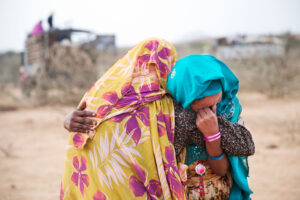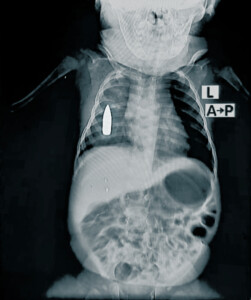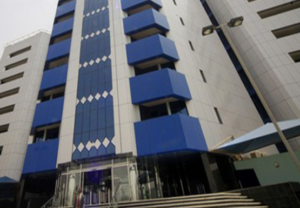‘Restoration of rule of law most important for Darfur’
The disarmament of militiamen in Darfur may start too early, says Maj. Gen. (retd.) Abdin El Tahir, former Head of Police of South Darfur and the Criminal Investigation Office.
The disarmament of militiamen in Darfur may start too early, says Maj. Gen. (retd.) Abdin El Tahir, former Head of Police of South Darfur and the federal Criminal Investigation Office.
In an interview with Radio Dabanga, the General commented on the recent announcement of the Sudanese government that the disarmament of the many militias members and gunmen in Darfur will commence soon.
He said he believes that the disarmament process in Darfur can only take place “after the restoration of the rule of law in the entire region.
“Darfur must first witness the presence of a well-equipped and trained police force. Violators of the law should be brought to a fair trial.
“The Darfuris should first be convinced that everyone is treated equally, regardless of any tribe or group they belong to,” he stated. “If the people feel safe and protected by the law, they will not feel the need to take-up arms.”
Regarding the failure of many reconciliation agreements between warring tribes in the region, El Tahir said that “the authorities should guarantee those pacts”. He pointed in this context to tribal accords in the past, “when the government was strong, the rule of law existed, so criminal tribesmen knew that they would be prosecuted”.
“The Darfuris should first be convinced that everyone is treated equally, regardless of any tribe or group they belong to.”
Disarmament
In April, the Darfur Disarmament, Demobilisation and Reintegration Commission conducted an inventory of weapons in the hands of civilians in South and West Darfur.
Ismail Khalaf, Head of the Community Security and Control Administration, said that the plan for arms collection in Darfur began with raising awareness about the dangers of weapons, and their impact on the communities.
Khalaf told the Sudan News Agency that about 30,000 weapons were registered in South and West Darfur. He stressed the intention to cover all areas of Darfur within a short period, and enforce the recommendations of the workshop held in El Fasher in North Darfur earlier that month.
National Umma Party leader, El Sadig El Mahdi, expressed doubts at the government’s ability to collect arms in Darfur “because now, the weapons have become tribal property, which represent a danger to the future of Sudanese national security”.









 and then
and then